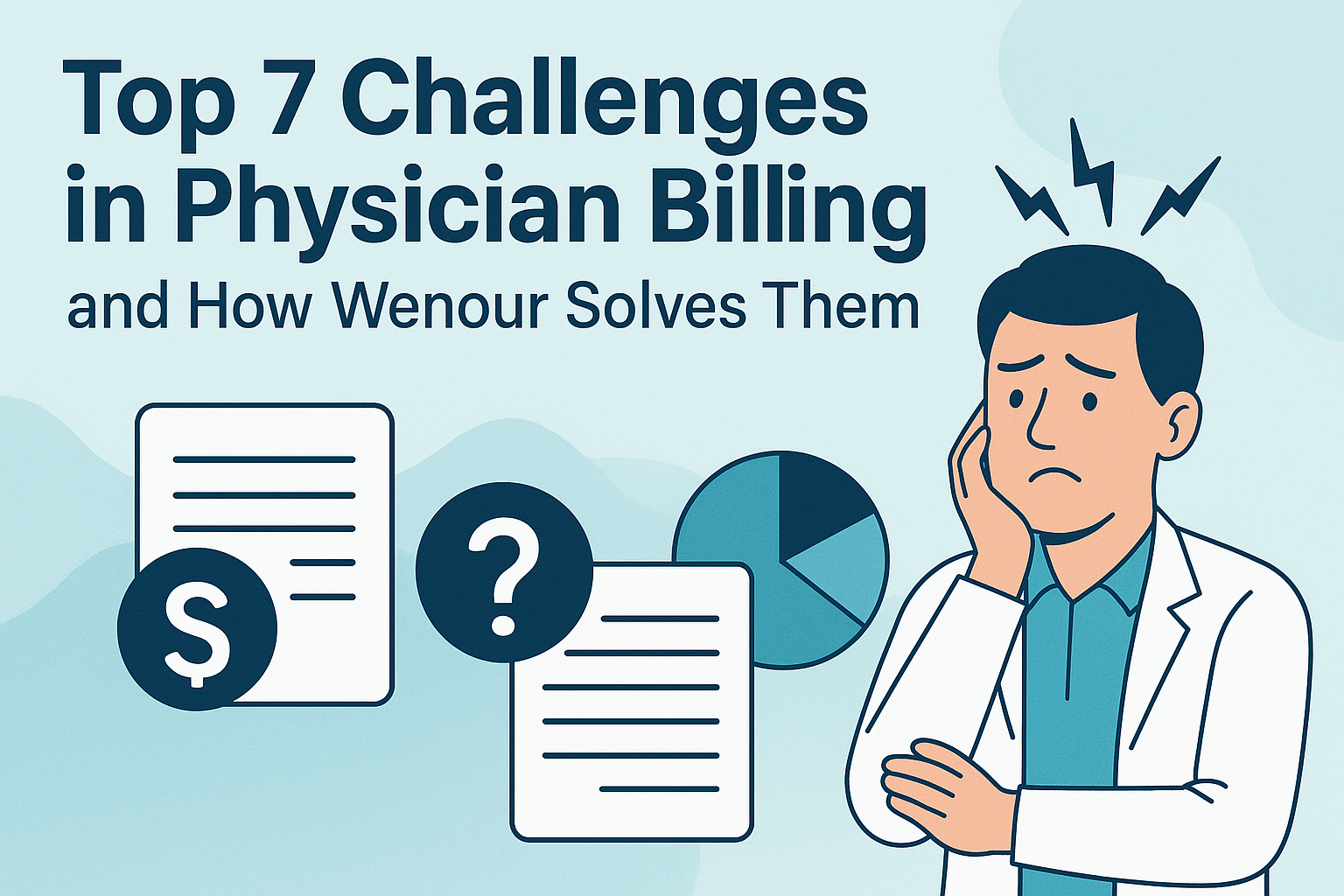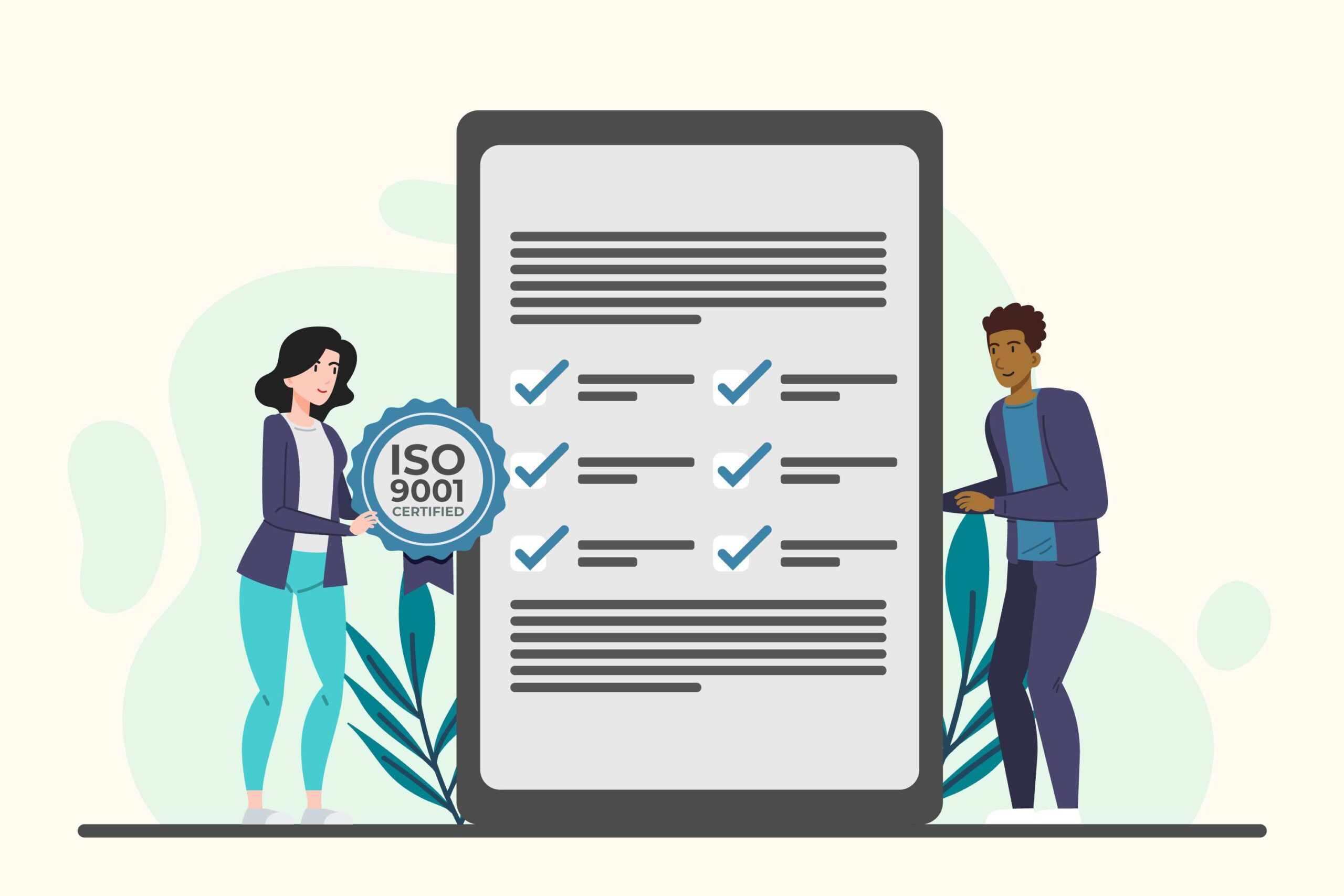
The 5 Best CRMs for Healthcare Providers: Must-Have Platforms for Modern Practices

If you’re a healthcare provider, chances are you either are currently using a CRM or planning to formally start using one. In some cases, you might even be considering a switch to take advantage of new and better technology. The truth is, some CRMs are just better than others for healthcare providers. At Wenour, we work with many healthcare providers, particularly in orthopedics and radiology. One thing that often goes overlooked is the necessity for a CRM to a) integrate with the practice website application and b) integrate with billing and revenue cycle management. While custom solutions are always an option, there are a few CRMs out there that already offer a great solution, are HIPAA compliant, are easy to use on the backend, have tons of features, and can be tied into your billing solution. Here are five that we see time and again.
Salesforce Health Cloud Salesforce Health Cloud is more than just a CRM; it’s a patient relationship management solution built specifically for healthcare. Powered by the Salesforce Platform, Health Cloud gives providers a complete view of every patient so they can better understand and build stronger relationships while collaborating on care more effectively.
Features:
Unified Patient View: Health Cloud combines each patient’s information from EHRs, medical devices, and even wearables in one place. That means the big picture of the patient’s health can be viewed at a glance, making it easier to customize care plans.
Better Care Coordination: Tools for secure messaging and shared care plans keep the entire care team on the same page and help orchestrate more cohesive care for better patient outcomes.
Personalized Patient Engagement: Health Cloud can engage patients through email, text, or mobile apps, depending on their preferred channel, which makes communication more personal and increases adherence to care plans.
Integration Friendly: You don’t need to replace your existing EHR or software setup. This consistency reduces data silos, giving everyone access to the same information.
Security and Compliance: Salesforce does not mess around when it comes to data security, with features designed to meet HIPAA requirements. You can trust that patient information is protected with advanced encryption and regular security updates.
Salesforce Health Cloud is well-suited for large or rapidly growing practices that need an extremely robust and scalable solution. It can give you a 360-degree view of patients while improving communication, ultimately driving better patient satisfaction and outcomes. The large Salesforce ecosystem also makes lots of add-ons and integrations available to extend the functionality of the platform.
Microsoft Dynamics 365 Healthcare Accelerator Microsoft Dynamics 365 Healthcare Accelerator extends the functionality of Dynamics 365 to address the specific needs of healthcare service providers. It’s all about improving patient experiences and streamlining operations.
Features:
Patient Journey Tracking: Keep tabs on every step of a patient’s journey, from the initial contact to follow-up care. This helps spot any gaps and ensures continuity of care, which is crucial for patient satisfaction.
Seamless Integration with Microsoft Tools: If your team already uses Microsoft Office apps like Outlook, Word, and Excel, they’ll feel right at home. The integration decreases the learning curve, improving productivity since staff will be working within familiar platforms.
AI-Powered Insights: The system uses artificial intelligence to analyze patient data, assisting in predicting health risks and personalizing care plans. Such insights can lead to proactive interventions and better health outcomes.
Customizable Modules: Tailor the system to fit your specialty, whether that be cardiology, oncology, or another field. Adjust workflows and dashboards to match how you work, making the CRM feel like it’s built just for you.
Strong Security Measures: Microsoft is a trusted name when it comes to security. Dynamics 365 includes features such as data encryption and role-based access to keep patient information safe, ensuring compliance with healthcare regulations.
If you’re already invested in the Microsoft ecosystem, this CRM can seamlessly integrate with your existing tools. Its AI capabilities and customization options make it a flexible choice for practices that want to improve patient care and operational efficiency. With Microsoft’s ongoing commitment to healthcare technology, we should see the platform continue to evolve with industry needs.
Zoho CRM for Healthcare For smaller practices or those on a tighter budget, Zoho CRM for Healthcare offers a powerful yet affordable solution. It’s user-friendly and designed to help you manage patient relationships more effectively without too many unnecessary extras.
Features:
Appointment and Schedule Management: Simplify scheduling with easy-to-use tools that reduce no-shows through automated reminders. Staff can manage calendars efficiently, ensuring optimal use of time slots.
Automated Communication: Keep patients engaged with automatic messages for appointment confirmations, follow-ups, and health reminders. This consistent communication helps build trust and keeps patients informed.
Insightful Analytics: Gain a better understanding of your patient demographics and engagement levels with built-in reports. These insights can help tailor services and identify areas for improvement.
Customizable to Your Needs: Adjust fields, modules, and workflows to fit your practice. As you grow, Zoho CRM can scale with you, adding users and features as needed.
Integration Capabilities: Connect with other applications like EHR systems and billing software to keep everything in sync. This reduces duplicate data entry and potential errors.
Onpipeline Onpipeline is a flexible CRM that is used across various industries, but its features can be effectively adapted for healthcare practices. It’s all about managing patient interactions smoothly and keeping processes organized.
Features:
User-Friendly Interface: Easy navigation means your staff can get up to speed quickly. The dashboard gives quick access to patient records and communication history, making daily tasks more efficient.
Custom Workflows: Set up pipelines and stages that match how your practice operates, making the CRM fit your processes rather than the other way around.
Task and Activity Management: Assign tasks, set reminders, and track deadlines to make sure nothing falls through the cracks.
Pega Customer Service for Healthcare Pega focuses on streamlining service processes and boosting patient engagement through intelligent automation.
Features:
Intelligent Automation: Automate routine tasks like billing inquiries, appointment scheduling, and prescription refills.
AI-Powered Chatbots: Provide patients with instant assistance for common questions, improving response times.
Omnichannel Communication: Engage with patients across multiple channels—phone, email, text, social media.
Compliance Management: Built-in protocols ensure all interactions meet regulatory standards.
Scalability: Designed to grow with your practice, adding new features and capabilities as needed.
Optimize Your Medical Billing Process with Wenour
A CRM helps small clinics build stronger connections with their patients by keeping all their information organized. For many clinics, managing billing and patient information can be overwhelming, so having a single administrative solution is game-changing. Wenour provides CRM integration and revenue cycle management services, helping healthcare organizations streamline operations and focus on patient care. See how Wenour can help you integrate your CRM and optimize your billing process today! Visit Wenour.com for more information or contact us at Wenour Contact.























